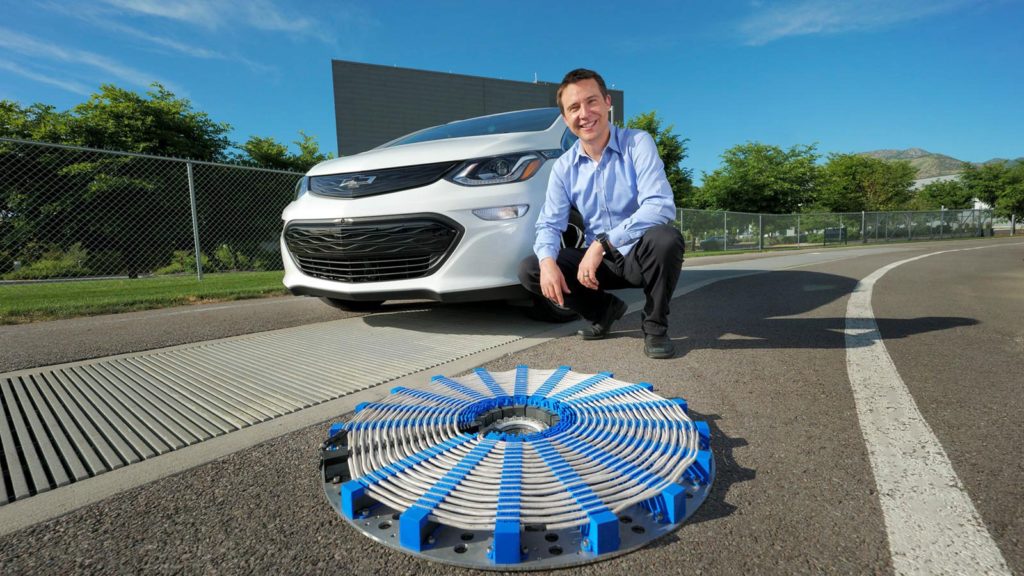
USU Professor and ASPIRE director Regan Zane is a pioneer in power electronics and electrified roadway technology. Photo courtesy of Utah State University
LOGAN – A National Science Foundation grant will establish the ASPIRE Engineering Research Center at Utah State University to advance sustainable electrified transportation. ASPIRE stands for “Advancing Sustainability Through Power Infrastructure for Roadway Electrification.”
USU President Noelle Cockett said the initial five-year award is for $26 million and funding can be renewed five more years and extending the total to $50.6 million.
“We also believe that ASPIRE will raise more than $200 million in additional research funding over the next 10 years. And we anticipate that this grant will be the catalyst for ASPIRE to grow into a self-sustaining center that will literally continue for decades.”
Regan Zane, the ASPIRE Center Director, said with this new research center there is a realistic opportunity to de-carbonize the electric grid.
“We have got to cut the cord. We need to abandon the large kiosk. We need to take the user out of the loop entirely. We will pursue solutions that combine wireless opportunities and automated wired opportunities to accomplish these goals. These combined will create a seamless experience, a seamless charging experience for users, where they are no longer concerned with how, where and when they charge.”
While ASPIRE is housed on USU’s Innovation Campus, core partners in the project are Purdue University, University of Colorado, University of Texas-El Paso and the University of Auckland-New Zealand in addition to about 45 private companies and institutions.
Since joining USU in 2012, Zane has raised more than $30 million in research funding. The 10-year ASPIRE award brings the total to more than $80 million. In 2015, he launched the multi-institutional, industry-sponsored Center for Sustainable Electrified Transportation, known as SELECT.
State leaders have long praised USU’s electrified transportation research as a means to improve Utah’s air quality. Earlier this year, the state committed $3 million to expand SELECT and help attract NSF funding for the new center.

